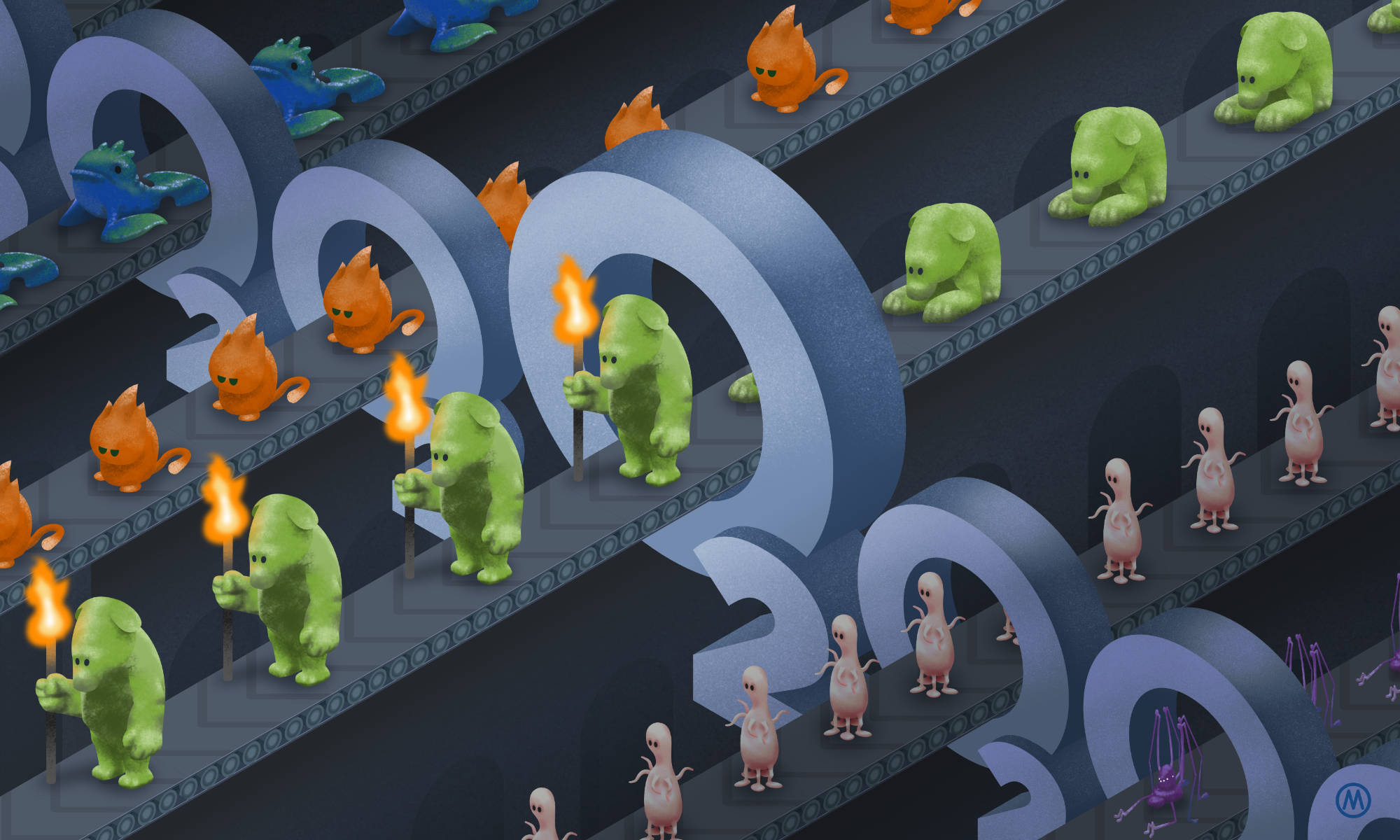
Is oxygen the cosmic key to alien technology?
Rochester astrophysicist Adam Frank explores the links between atmospheric oxygen and detecting extraterrestrial technology on distant planets.

How do living things use meaningful information to survive?
A team from the Department of Physics and Astronomy has applied the theory of semantic information to a realistic model capturing attributes of living systems—and found the critical point where information matters for survival.
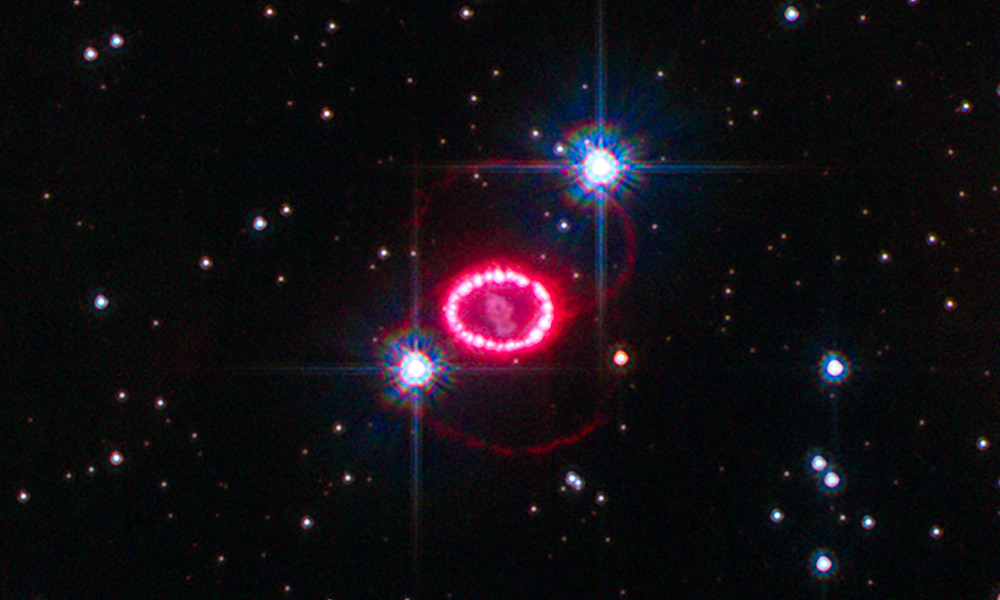
Lasers usher in a new era of astronomy
Large-scale, laser-based experiments have recently revolutionized astrophysics, writes Rochester professor Adam Frank, allowing scientists to recreate the cosmos in science labs.

Cities on asteroids? It could work—in theory
A popular science fiction idea in TV shows like Amazon’s The Expanse, Rochester scientists are using physics and engineering principles to show how asteroids could be future viable space habitats.
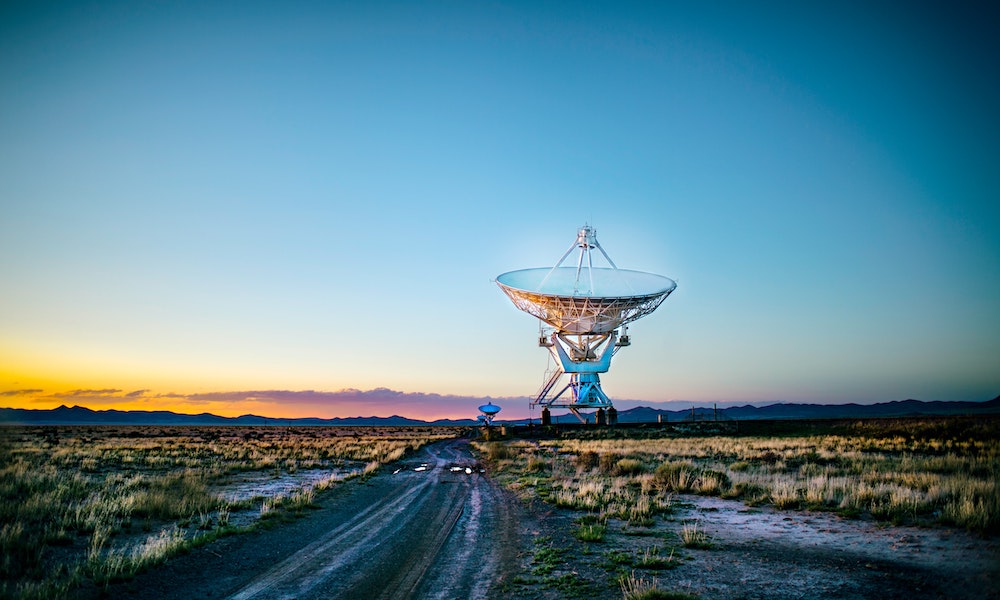
NASA brings standards of evidence to the search for UFOs
America’s space agency is convening a commission to investigate unidentified flying objects. In a Newsweek op-ed, Adam Frank explains why NASA’s involvement could be a game changer.

Can the public’s trust in science—and scientists—be restored?
Rochester astrophysicist Adam Frank says distrust jeopardizes the country’s future as an economic powerhouse.
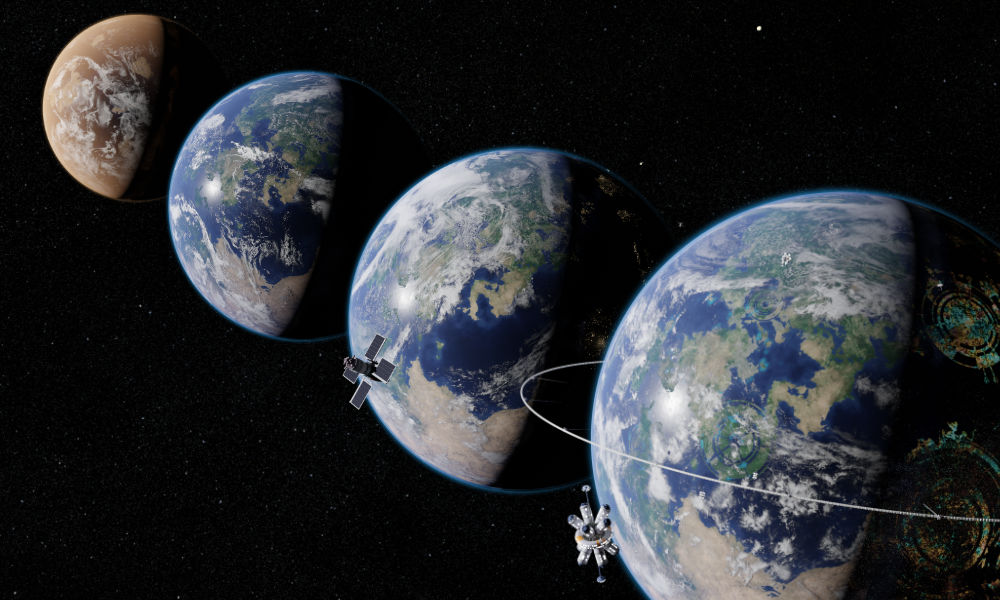
Can a planet have a mind of its own?
Adam Frank, the Helen F. and Fred H. Gowen Professor of Physics and Astronomy, asks, if a planet with life has a life of its own, can it also have a mind of its own?
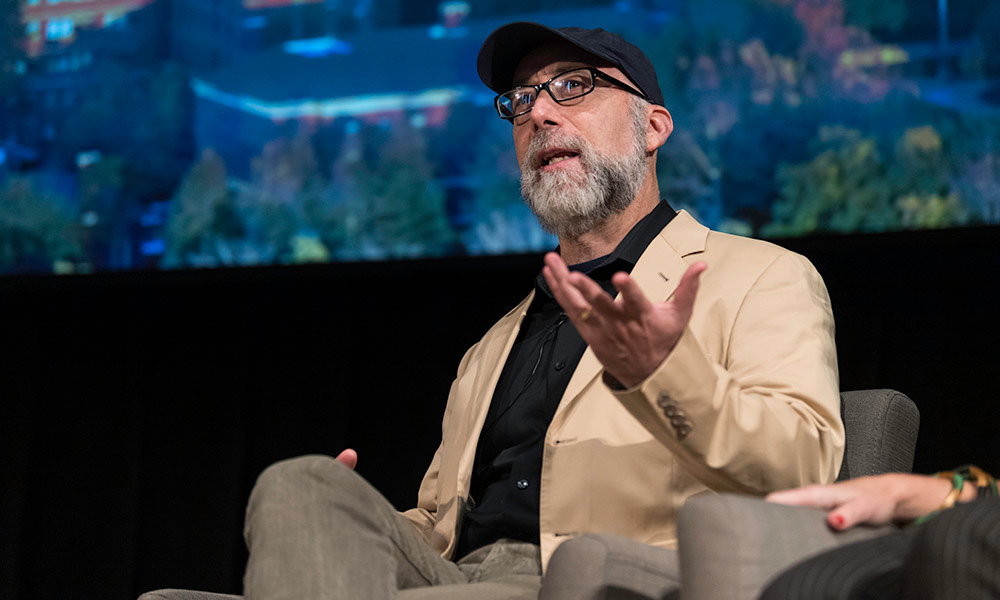
Adam Frank receives Carl Sagan Medal for excellence in public communication
The award recognizes the Rochester astrophysicist’s ‘sustained efforts’ to make science and research broadly accessible through on-air commentary, popular books, Netflix documentaries, Marvel movies, and more.

Science offers hope during dark times
American science has not only remained solid through recent crises but also provided a path out of the darkness, Rochester astrophysicist Adam Frank writes for NBC News.

A new era in the search for extraterrestrial intelligence
If trends continue, “the search for intelligence in the universe may finally escape the giggle-factor,” writes University of Rochester astrophysicist Adam Frank in a Washington Post op-ed.
